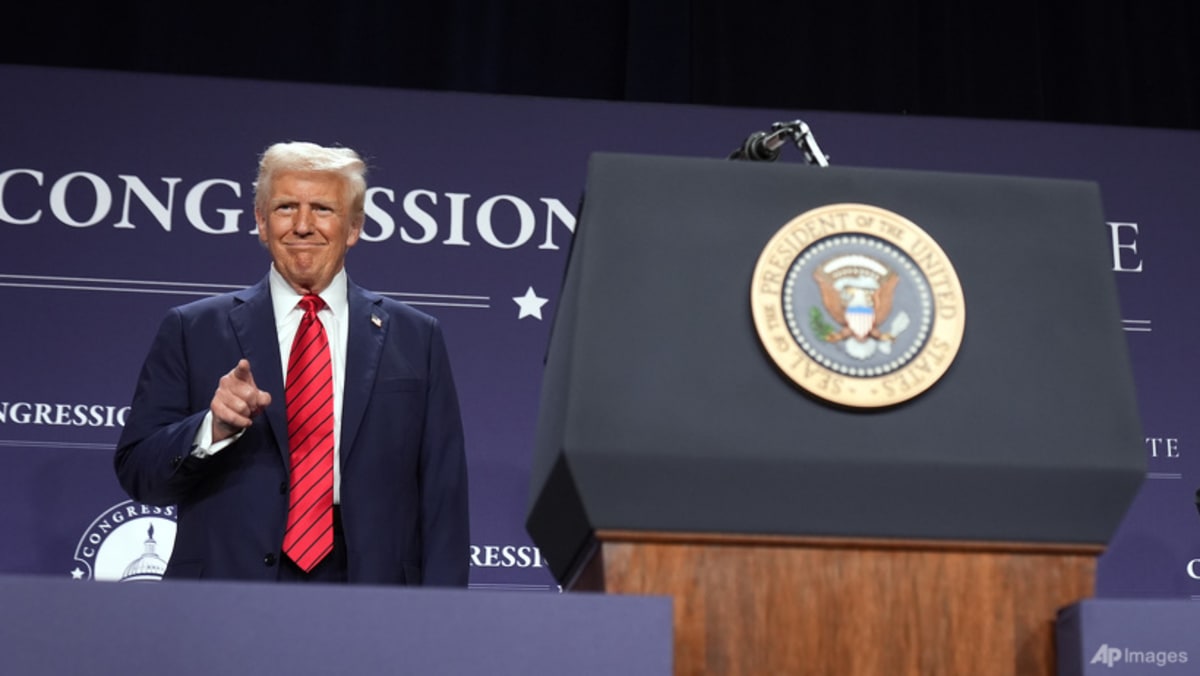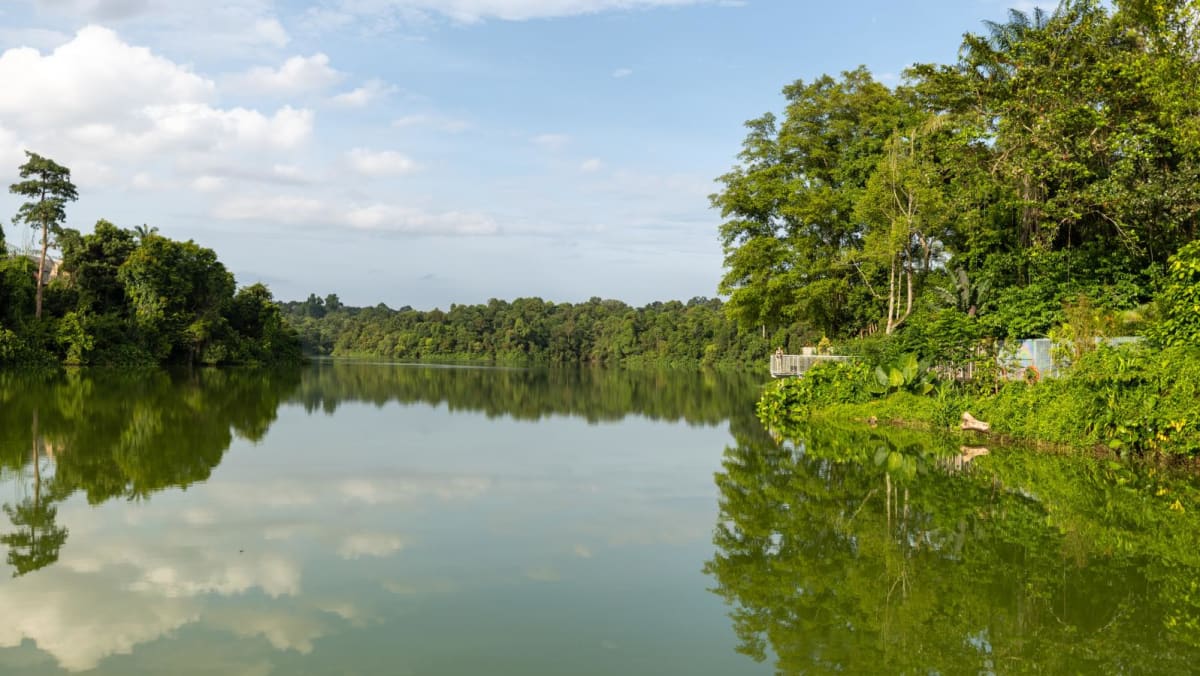Street theft isn’t petty to a victim. Having your pocket picked or bags stolen can ruin your trip and your finances.
The best ways to avoid street crime is to maintain awareness, travel asset-light and understand where it tends to happen (be sure to read the destination’s State Department profile).
USE CARDS OVER CASH
Should you use cash or contactless? The problem with cash is that if it’s stolen, you can’t get it back. If a credit card is stolen, holders can cancel it, which protects them from unauthorised activity.
Still, there are many situations in which you may need cash, such as for tips (and some destinations, such as Morocco, still rely mainly on cash). When you go out, carry only the amount that you’ll need that day and leave the rest in your accommodations, or rely on ATMs (though be mindful of ATM service charges).
Depending on where she’s traveling, Sally French, a travel expert with the online financial site Nerdwallet, usually carries no more than US$200 (S$270) in cash.
“It tends to cover a couple of meals and a taxi ride in emergencies,” French said.
When paying with cards that have a microchip, use the tap feature rather than swiping, if you can. Card readers are vulnerable to skimming, a scam in which your card’s financial details can be read and stolen by a payment system that has been tampered with.
KEEP CASH AND CARDS CLOSE
In public, carry money, credit cards and passports where you can see or feel them. That may mean putting a wallet in a front rather than a rear pocket, or wearing a backpack in the front rather than on your back. Clothing with pockets that zip is another option.
Lloyd Figgins, CEO of the TRIP Group, a security firm, and the author of The Travel Survival Guide, recommends a money belt worn under your clothing.
“My rule with money and cards is to get them as close to your skin as you possibly can,” Figgins said.
GET GEAR WITH SECURITY FEATURES
Look for day bags that close with a zipper or a buckle and have strong, slash-proof straps. Inside compartments should also be secured with zippers. Cross-body bags that you can position in front of you may prove more secure than backpacks or shoulder totes.
Radio frequency identification wallets – or RFID wallets – protect cards from devices that can lift the financial details from credit cards remotely.
“Like an onion, your personal security should have different layers,” Figgins said. “Make it difficult for the criminals and they will move on to an easier target.”
Even simple deterrents, like small locks on suitcases, go a long way to deterring theft.
But don’t rely on AirTags and other GPS trackers when you’re dealing with possible theft – they provide a false sense of security, according to Harding Bush, the director for security operations at Global Rescue, which provides travel risk and crisis management services.
“On a street-crime level, you’re still not going to get your bag back and you wouldn’t want to confront that criminal because it could get you in a less safe situation,” he said.
‘DRESS DOWN’
“Obvious displays of wealth like cameras or designer labels are very attractive to criminals,” Figgins said. “Dress down and try to blend in.”
Leave expensive jewellery at home or, if you must take valuables, leave them in your hotel safe. But even that safe isn’t foolproof; most have a universal code that opens it if you forget the password. Figgins said he asks to use the safe maintained by the hotel behind the front desk.
SAFEGUARD YOUR PHONE
It can be as painful to lose your phone – along with the personal data it contains – as your wallet.
To make yourself less vulnerable, review your phone’s apps and determine whether you need them while you’re away. In the case of financial apps, consider temporarily deleting them.
“If a criminal gets hold of it, he could have access to your life savings, not just your travel fund,” Figgins said.
Throughout your trip, make sure your phone is backing up to the cloud regularly, and keep hard copies of phone numbers that you might need.
In the event that your phone is found, incentivise the finder to return it with a sticker on it that indicates a number to call for a reward.
BE ALERT IN CROWDS
“The most important thing travellers can do to protect themselves is to be aware,” Figgins said. “Be aware who is in the environment, who is most likely to cause harm and what you can do to get to a place of safety.”
Safe places aren’t just police stations; they could be hotels, banks, jewellery stores and anywhere with surveillance cameras that will deter criminals should they follow you.
Beware of theft at tourist attractions, which are often crowded and where travellers are naturally distracted by the sights; be sceptical of emotional appeals; and be aware that scammers often work in teams. In one common scam, a criminal will ask for your signature on a petition.
“They’ll put a clipboard in one hand and a pen in the other, and your hands are now out of reach of your pockets and bags while others in their gang will be pickpocketing you,” Figgins said.
Bush of Global Rescue said it is important to project confidence. “When you’re paranoid and worried, criminals will recognise that body language and target you,” he said.
By Elaine Glusac © The New York Times Company
The article originally appeared in The New York Times.














